
[ad_1]
Flatulence in dogs is a common, albeit slightly embarrassing, phenomenon that varies significantly across different breeds. While all dogs are capable of passing gas, some breeds are more predisposed to this condition due to factors such as their dietary habits, body structure, and digestive system characteristics. This article aims to highlight the top 10 dog breeds known for their propensity to fart. This gaseous distinction can be attributed to reasons ranging from anatomical features that affect their breathing and eating habits to their digestive health. We’ll delve into the specifics of why each of these breeds might be more prone to passing wind, exploring aspects from their diet preferences to the shape of their skull. Understanding these factors is essential not only for potential pet owners who might prefer a less fragrant companion but also for ensuring the digestive health and well-being of these dogs.
1. Boxer
Boxers are well-known for their gaseous tendencies. This can be primarily attributed to their anatomy; as a brachycephalic breed, Boxers often gulp air while eating, leading to excess air in their digestive tract that manifests as flatulence. Their diet also plays a significant role. Boxers have sensitive stomachs and can be prone to food allergies or intolerances, which can cause excessive gas. Additionally, Boxers are energetic dogs requiring a balanced diet, but if this diet includes too many carbohydrates or difficult-to-digest ingredients, it can lead to increased fermentation in the gut, thus more gas. Ensuring a high-quality, appropriate diet and eating habits (like slow-feeding bowls) can help reduce the frequency and intensity of their farts.
2. Bulldog
Bulldogs, both English and French, are notorious for their farting. This is largely due to their brachycephalic nature. Their short noses and flat faces make it difficult for them to eat slowly, leading to them swallowing a lot of air during meals – a condition known as aerophagia. This excess air passes through their digestive system and exits as flatulence. Bulldogs also have sensitive digestive systems, making them more susceptible to gas caused by food intolerances or poor diets. Feeding them a high-quality diet that is easy to digest and ensuring they eat slowly can help minimize the problem, although due to their anatomy, some level of flatulence is almost always inevitable.
3. Pug
Pugs, with their charming yet squished faces, are also prone to excessive farting. Similar to other brachycephalic breeds, Pugs tend to swallow a lot of air while eating, leading to an increase in gas. Moreover, Pugs often have a hearty appetite and may eat too quickly, further exacerbating this issue. Their compact body shape can also contribute to digestive issues. Pugs are known for having a sensitive gastrointestinal system, and certain foods can cause them to produce more gas. A diet that’s specifically tailored to their needs, along with feeding strategies to slow down their eating, can help mitigate the frequency and severity of their flatulence.
4. Beagle
Beagles are known for their keen sense of smell and love of food, traits that contribute to their flatulent nature. This breed is prone to overeating and not being particularly discerning about what they eat. This can lead to gastrointestinal upset and excessive gas. Beagles also tend to eat rapidly, which means they swallow a lot of air, leading to more gas buildup. Providing a well-balanced diet, controlling portion sizes, and using slow-feeders to reduce the speed of eating can help manage their flatulence.
5. German Shepherd
German Shepherds are prone to flatulence due to their sensitive digestive systems. They are often affected by food allergies or intolerances, which can lead to excessive gas production. Additionally, German Shepherds are at risk of developing digestive disorders like exocrine pancreatic insufficiency (EPI), where the pancreas doesn’t produce enough digestive enzymes, leading to malabsorption and fermentation in the intestines, thus causing gas. Feeding them a diet that is easy to digest, along with appropriate supplements if necessary, can help reduce the incidence of farting in this breed.
6. Labrador Retriever
Labrador Retrievers are another breed that tends to pass gas frequently. Their love for food often leads them to eat quickly and ingest a lot of air. Labradors are also known for having robust appetites and can be prone to eating things they shouldn’t, leading to digestive upset. Furthermore, they can have sensitive stomachs, and certain foods may cause them to produce more gas than others. Keeping a close eye on their diet, ensuring they eat slowly, and avoiding foods that trigger gas can help reduce flatulence in Labradors.
7. Pit Bull
Pit Bulls, including various breeds under the Pit Bull umbrella, are known for their flatulence. This is often due to a combination of dietary factors and rapid eating. Pit Bulls can have sensitive stomachs and may react to certain ingredients in their food, leading to gas production. Additionally, their enthusiasm for food often leads them to eat quickly, swallowing a lot of air in the process. Feeding a diet suited to their digestive needs and encouraging slower eating can help minimize gas.
8. Rottweiler
Rottweilers are large, robust dogs with a tendency towards flatulence. This can be attributed to their dietary habits and the potential for sensitive stomachs. Rottweilers need a diet rich in protein but also one that’s easy to digest. If their diet contains too many complex carbohydrates or fillers, it can lead to excessive fermentation in the gut, resulting in gas. Also, their large size means they eat more, which can increase the likelihood of ingesting air. Ensuring a high-quality diet and controlled eating pace can help reduce farting in Rottweilers.
9. Yorkshire Terrier
Yorkshire Terriers may be small, but they can be quite gassy, primarily due to their sensitive digestive systems. Yorkies often suffer from gastrointestinal troubles like pancreatitis or colitis, which can lead to excessive gas production. Their small size also means that even a small amount of inappropriate food can upset their stomachs. A carefully managed diet, avoiding human food, and keeping their eating habits in check can help manage flatulence in Yorkshire Terriers.
10. Basset Hound
Basset Hounds, with their long bodies and short legs, are prone to farting. This breed has a slow metabolism and a tendency towards obesity, which can affect their digestion. They are also known for eating quickly and not being very discerning about their food choices, leading to gastrointestinal distress and resulting in flatulence. Ensuring they have a balanced diet, controlling their portions, and slowing down their eating can help manage their tendency to fart.
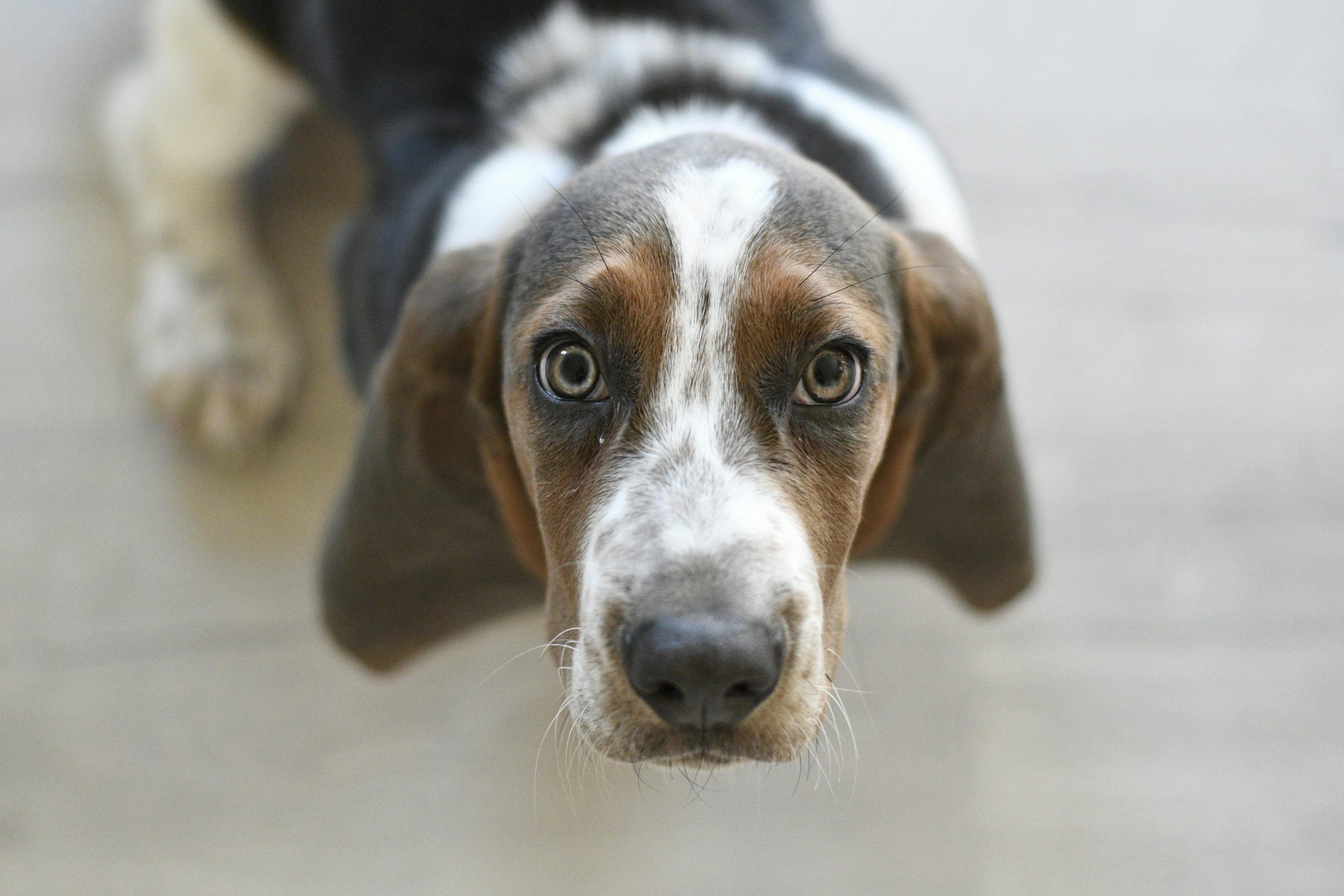
In conclusion, while flatulence can be a humorous aspect of dog ownership, it’s also an important health consideration. The breeds listed above are prone to farting due to a combination of anatomical features, eating habits, and digestive sensitivities. As a pet owner, understanding the dietary and health needs of these breeds is crucial. Feeding them the right diet, ensuring they eat slowly, and providing regular exercise can help reduce the incidence of gas. Remember, while a certain level of flatulence is normal, excessive gas can also be a sign of a dietary issue or health problem, so it’s important to monitor your dog’s health and consult with a veterinarian if needed.
[ad_2]
Source link

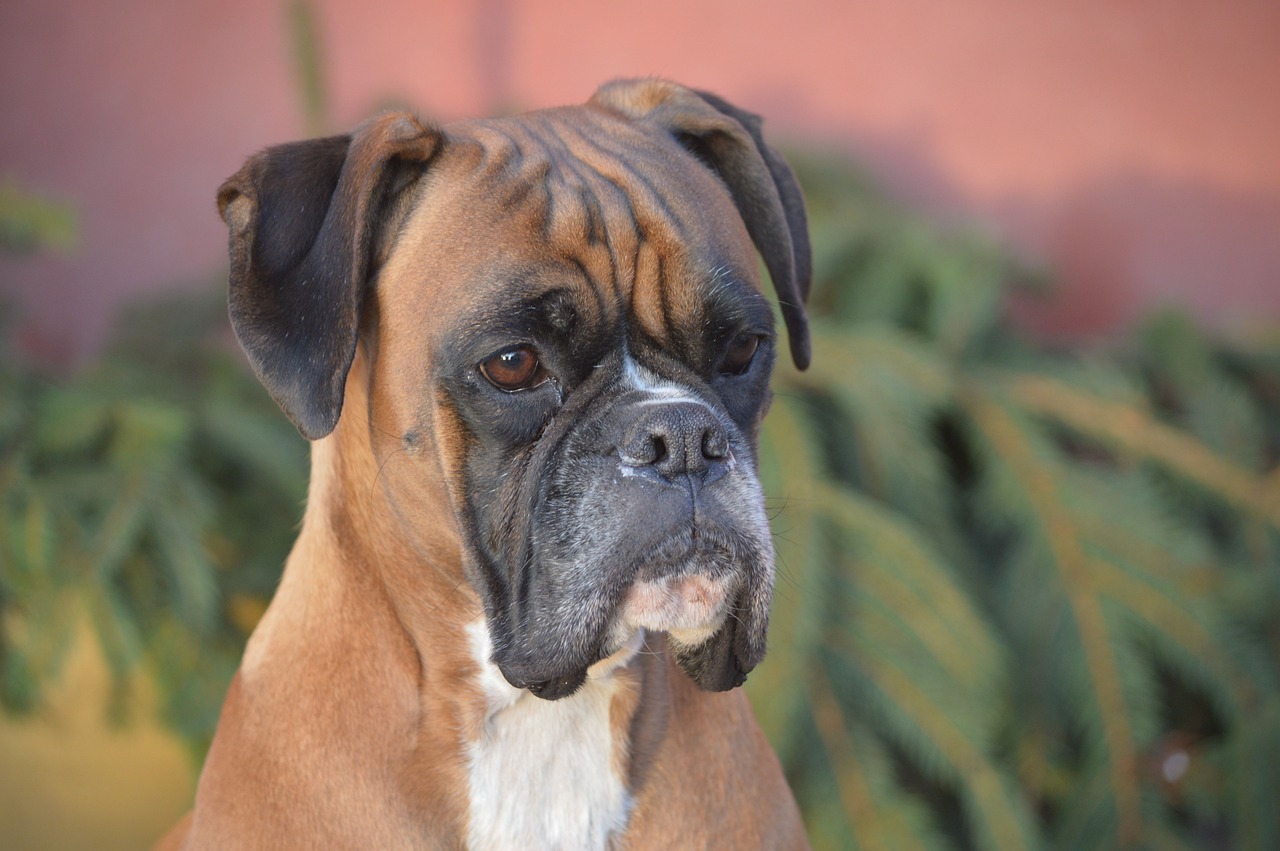
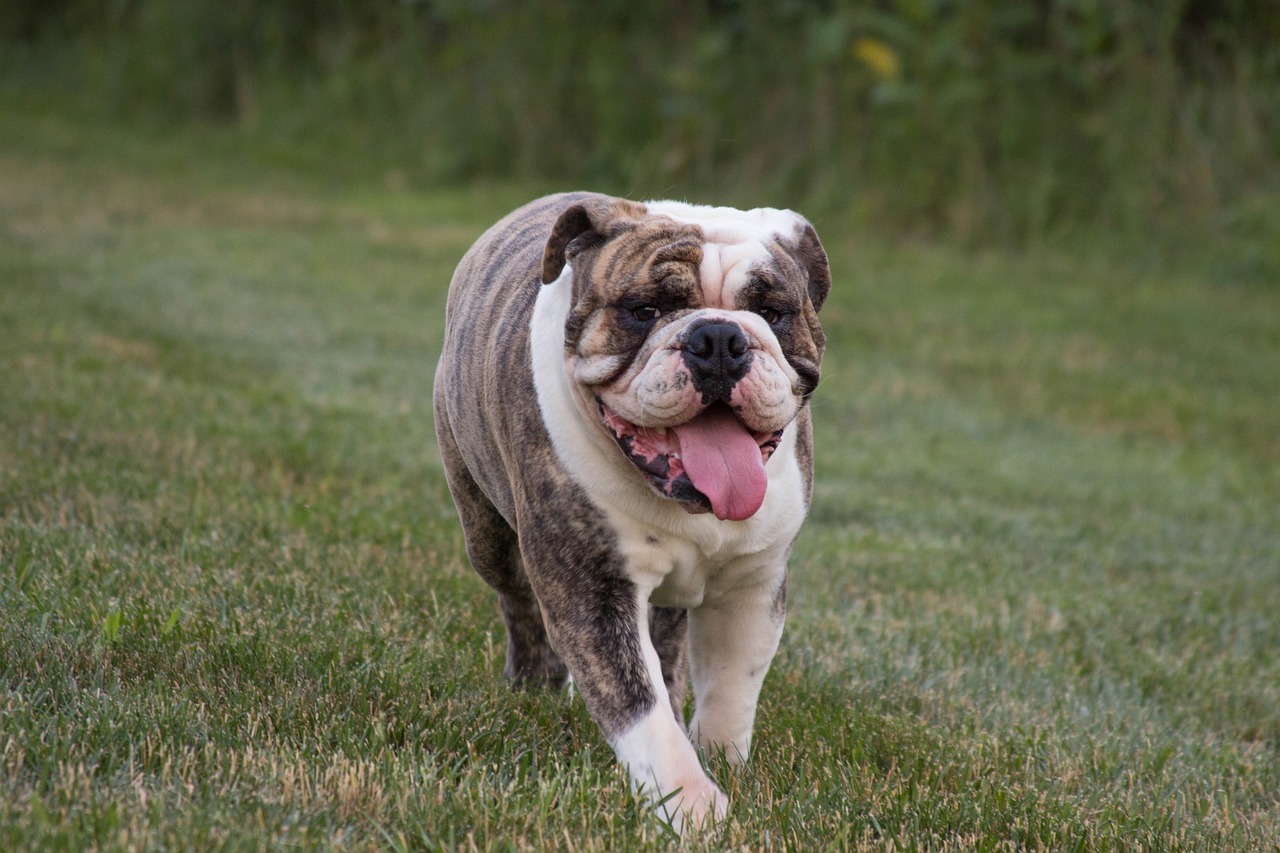
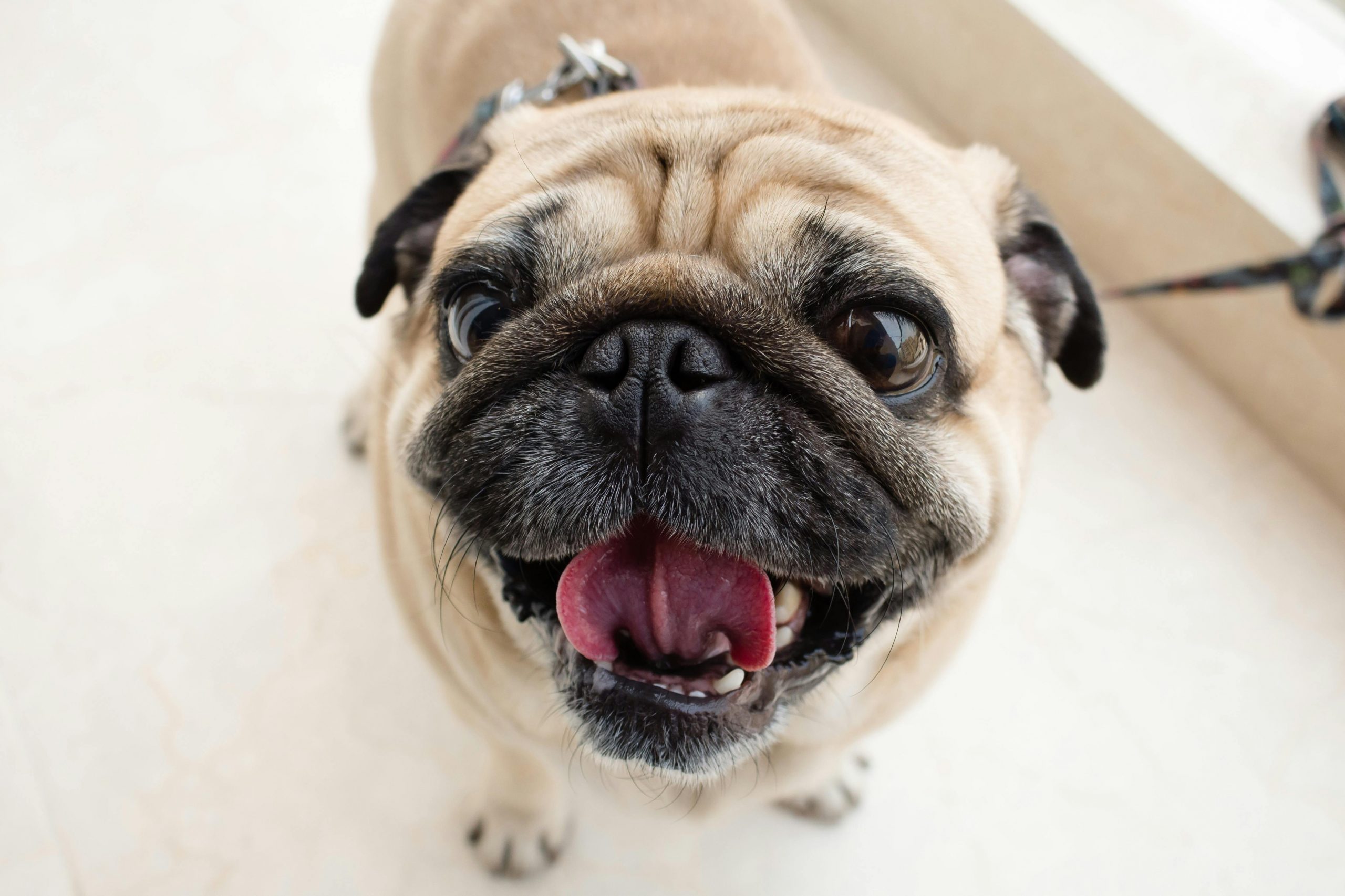
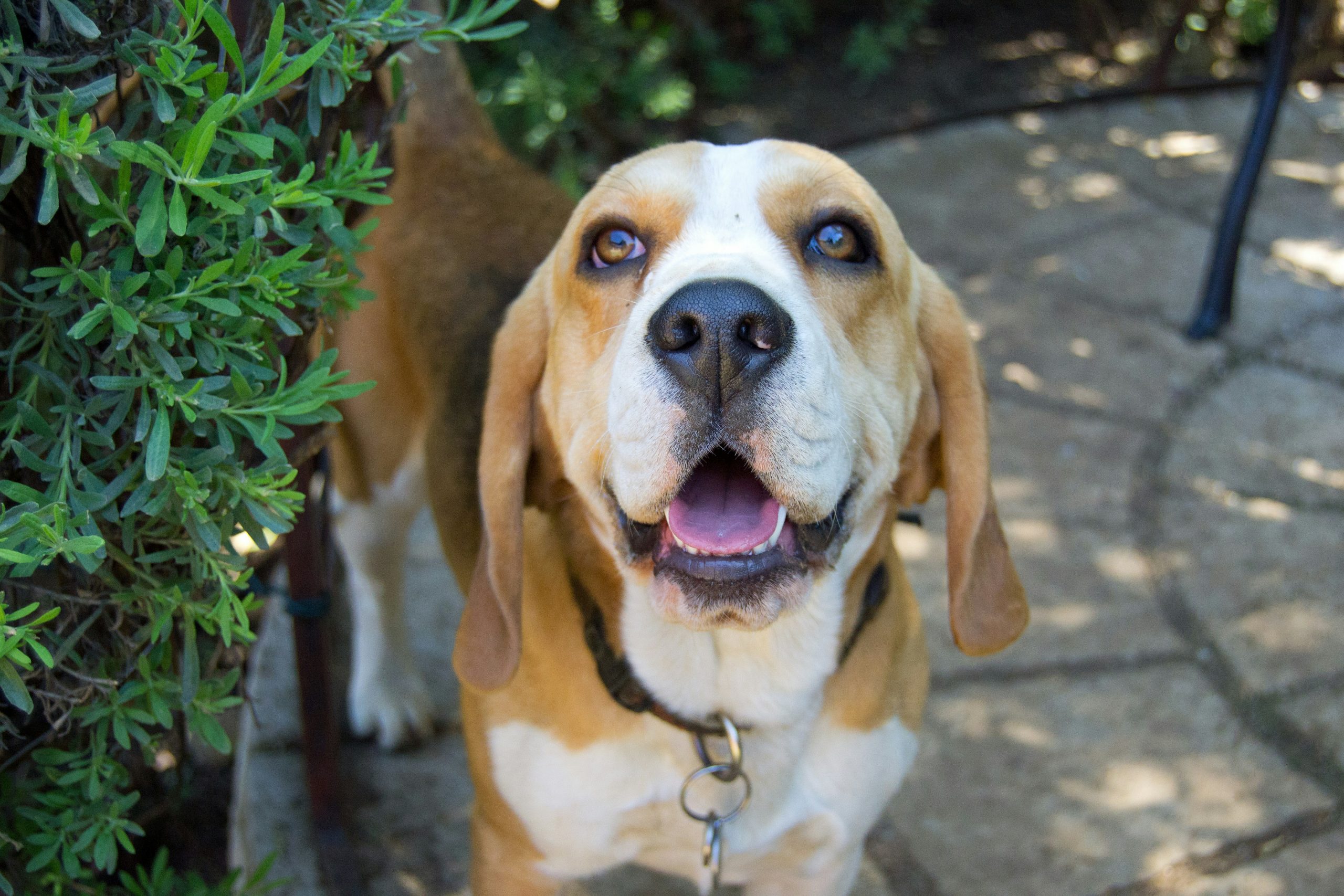
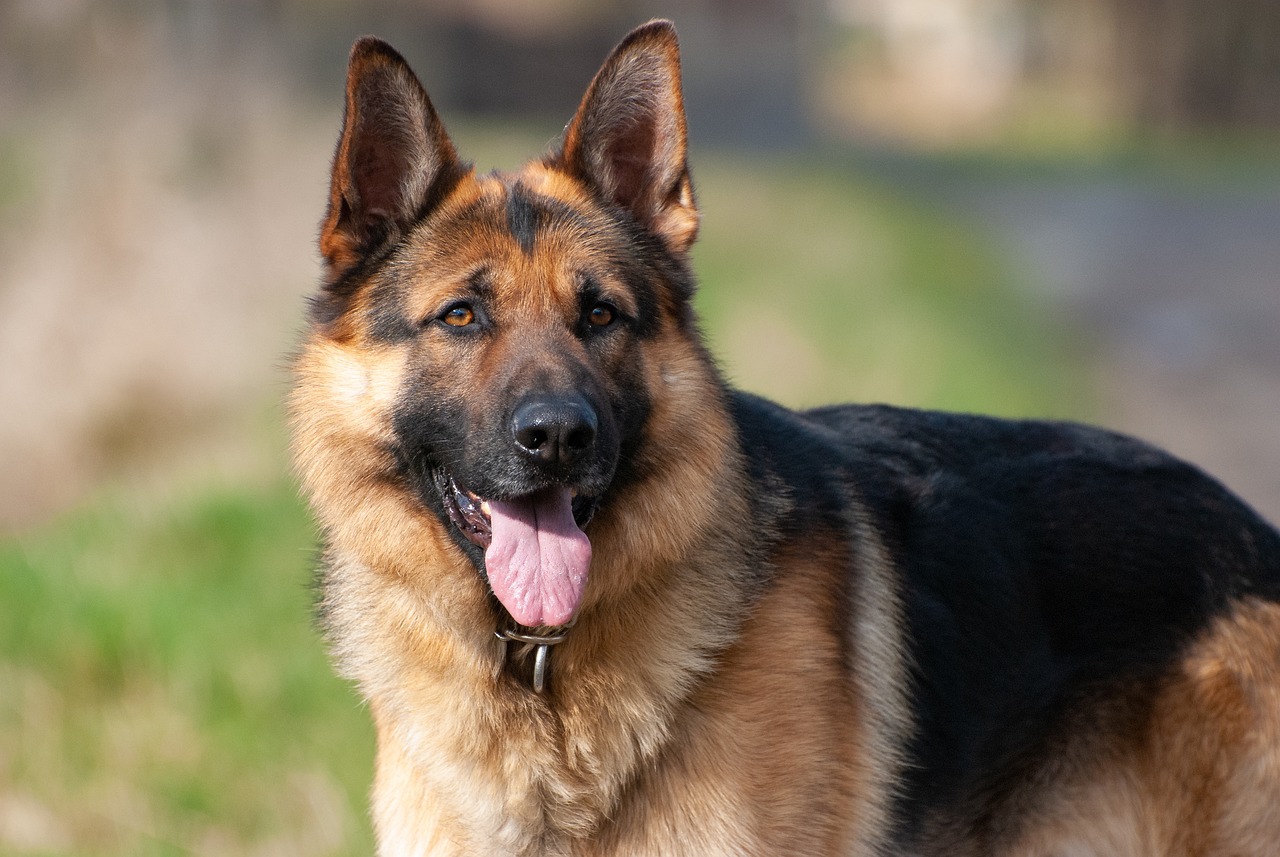
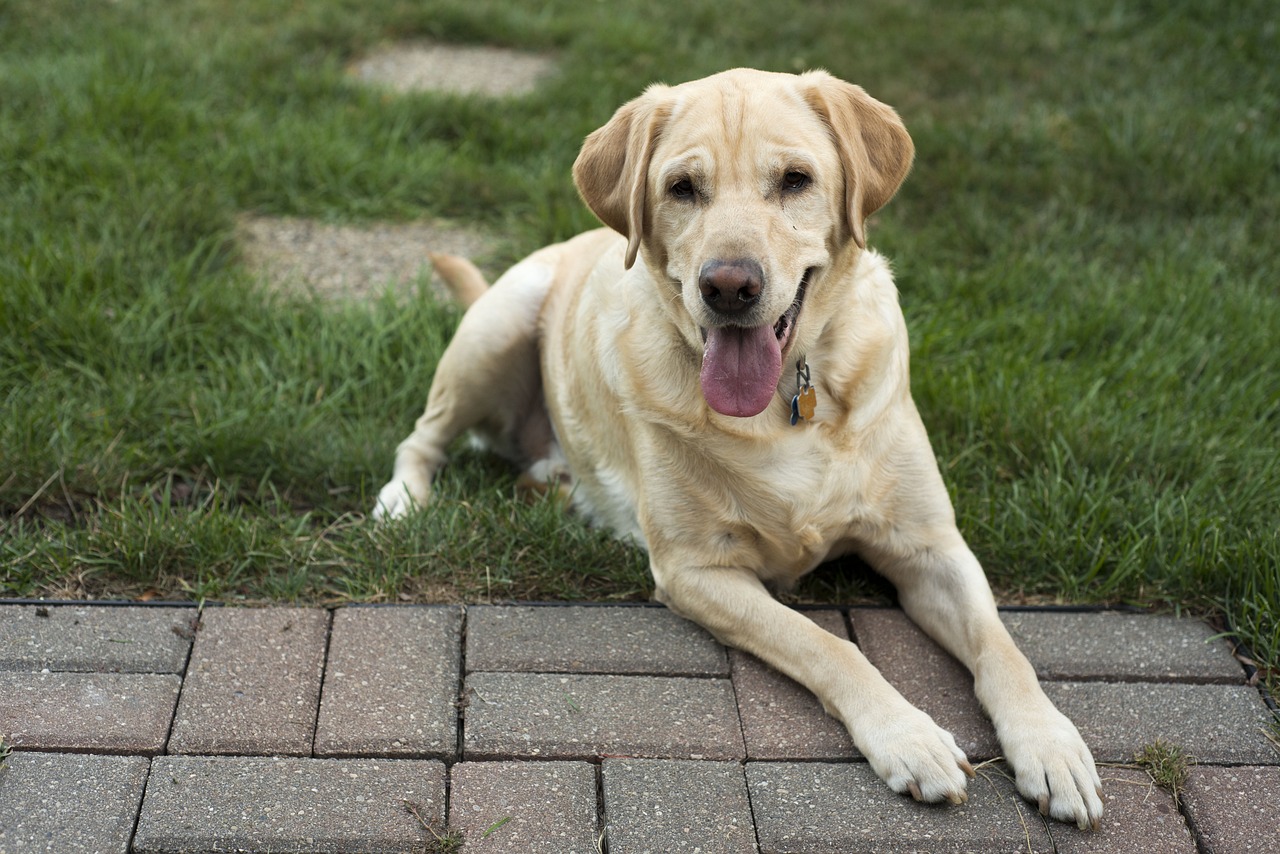

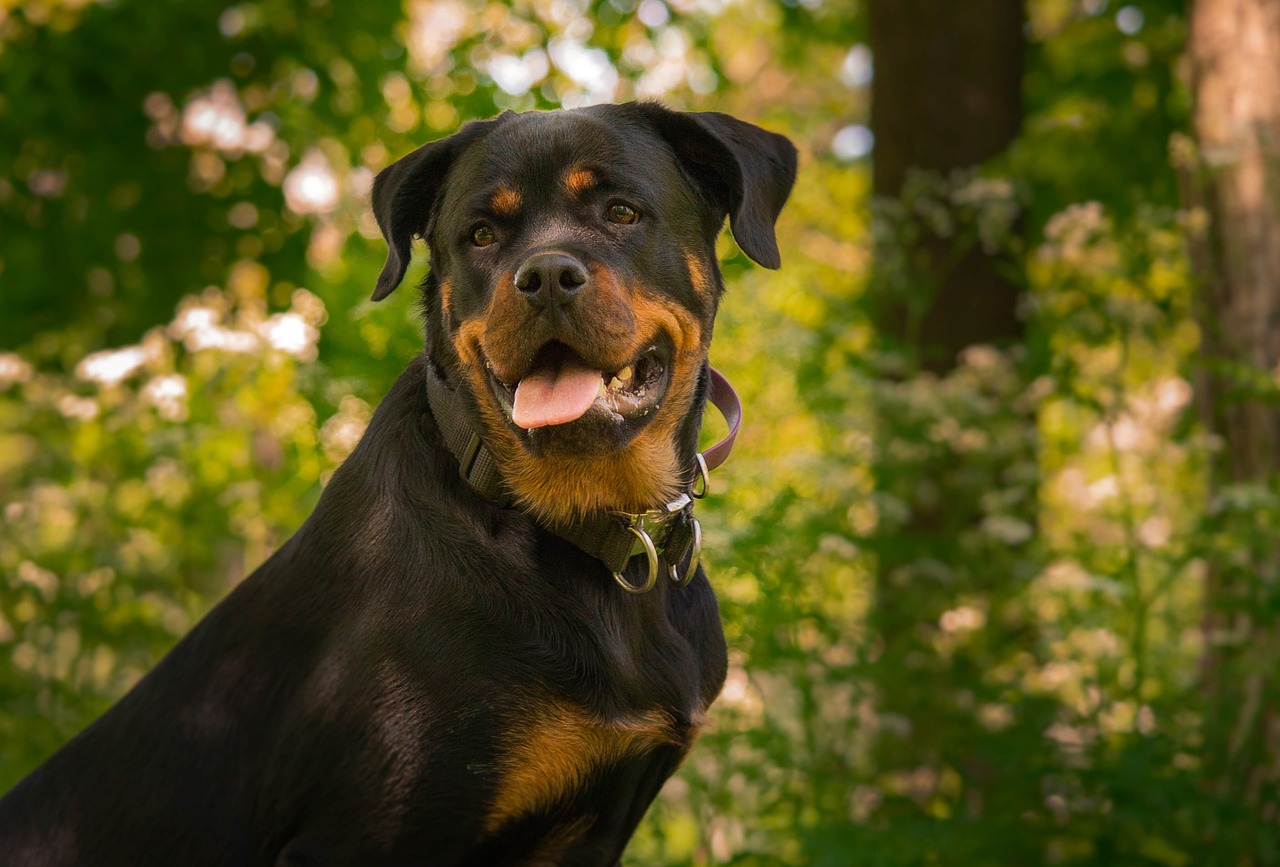
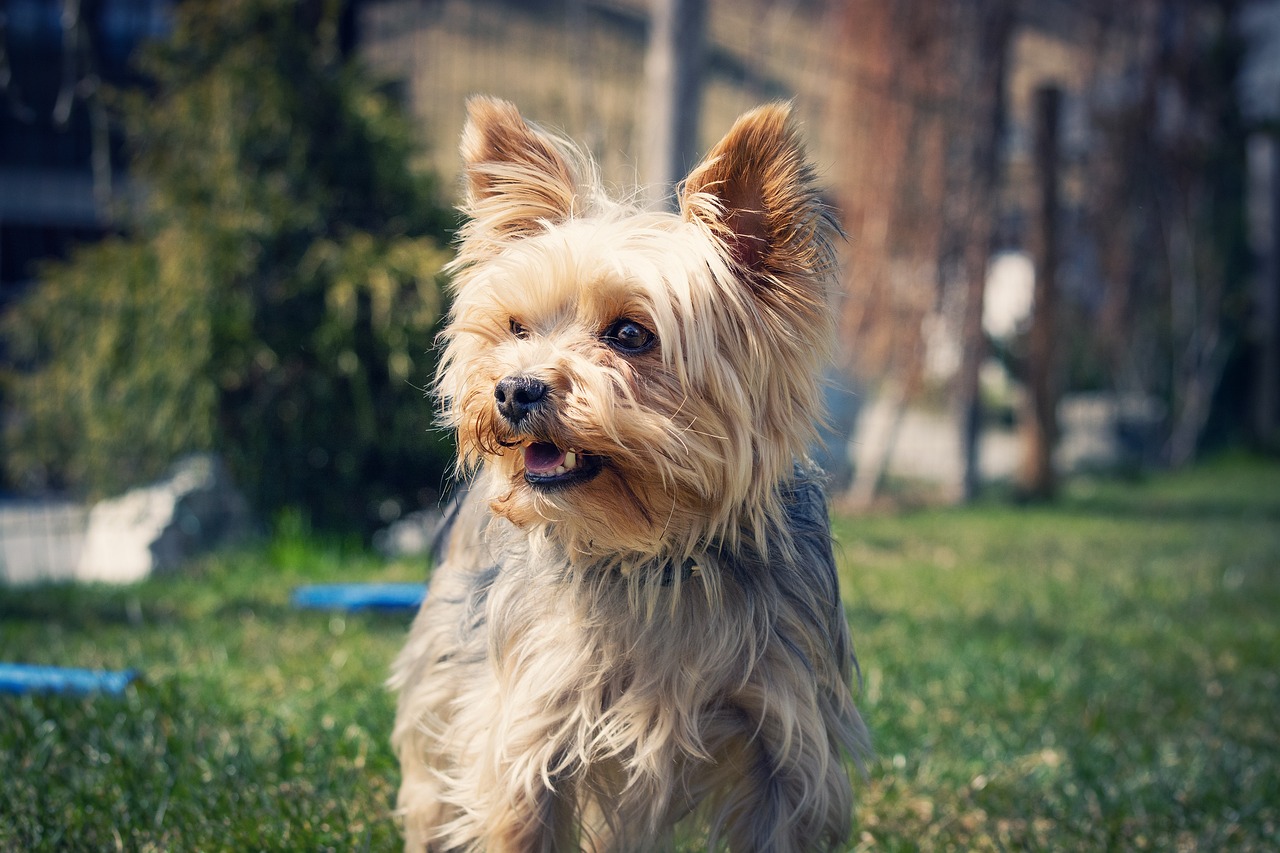
Leave a Reply